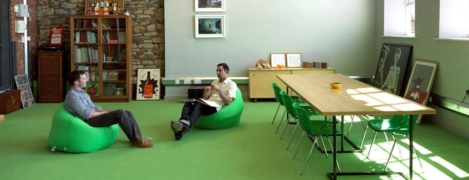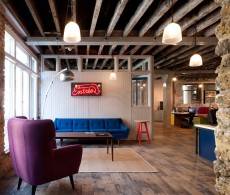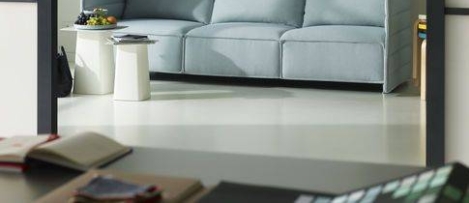July 13, 2015
Email still default comms tool for virtual teams, despite drawbacks
 Email remains the preferred way corporate teams stay in touch, but there is a widening technological gap between the generations. Although it remains the most widely used form of communication (87 percent) email also has the greatest potential to cause misunderstanding in nearly half (49 percent) of teams. The survey from EF Corporate Solutions of over 800 executives based in Brazil, China, France, Germany, Middle East, Russia, UK and US, indicated that a primary cause for conflict stems from language barriers (39 percent) but 45 percent said there are also barriers to communication between associates over 50 and under 30 in the way they use technology. Respondents also suggest that email has the potential to cause ‘information overload’ and teams can suffer from a lack of interaction when it is the preferred communication method.
Email remains the preferred way corporate teams stay in touch, but there is a widening technological gap between the generations. Although it remains the most widely used form of communication (87 percent) email also has the greatest potential to cause misunderstanding in nearly half (49 percent) of teams. The survey from EF Corporate Solutions of over 800 executives based in Brazil, China, France, Germany, Middle East, Russia, UK and US, indicated that a primary cause for conflict stems from language barriers (39 percent) but 45 percent said there are also barriers to communication between associates over 50 and under 30 in the way they use technology. Respondents also suggest that email has the potential to cause ‘information overload’ and teams can suffer from a lack of interaction when it is the preferred communication method.































June 25, 2015
Long distance commuting, agile working and dinosaur extinction in the UAE
by Douglas Langmead • Cities, Comment, Flexible working, Property
More →